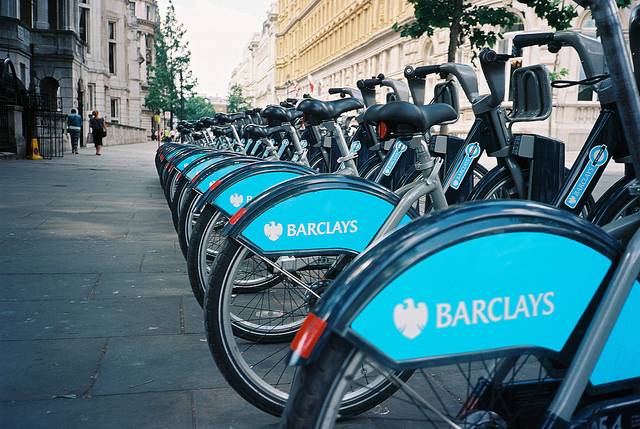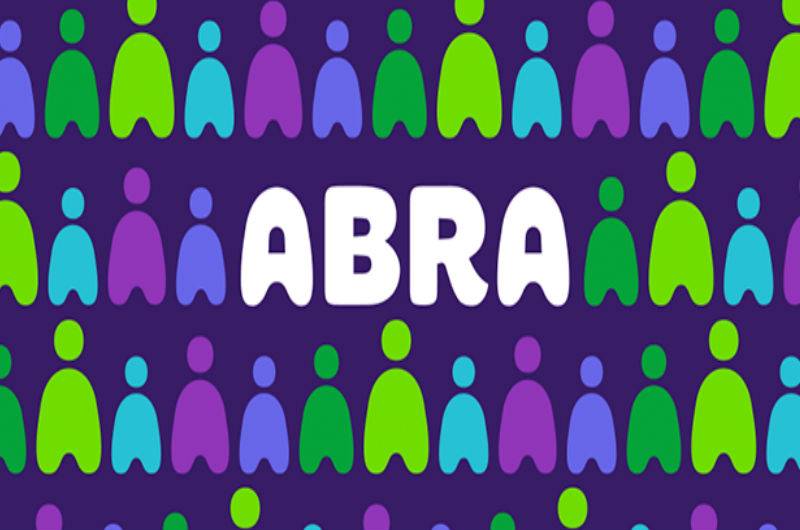Join Our Telegram channel to stay up to date on breaking news coverage
As a whole, the Bitcoin community tends to be distrustful of banks. After all, the entire point of creating this new technology was to establish a peer-to-peer electronic cash system. Satoshi Nakamoto wrote about the importance of removing trusted third parties in the Bitcoin white paper:
“What is needed is an electronic payment system based on cryptographic proof instead of trust, allowing any two willing parties to transact directly with each other without the need for a trusted third party.”
With that said, large financial institutions have become extremely interested in Bitcoin (or at least blockchain technology) over the past year. While many in the Bitcoin community believe that these banking institutions are not interested in using a decentralized, permissionless blockchain, that does not appear to be the case 100 percent of the time. At Consensus 2015, Barclays’s Simon Taylor explained that the bank is simply interested in finding practical use cases for any sort of new financial technology.
Read More: Bitcoin vs Blockchain: Barry Silbert Weighs-in at Inside Bitcoins NYC
Experiments to See What Actually Works
Instead of jumping to conclusions and picking a blockchain strategy for the next decade right away, Barclays has decided to conduct experiments involving a variety of different blockchain technologies. Simon Taylor explained this point during his appearance on a panel at Consensus 2015:
“I think the disagreement over shared ledgers, distributed blockchains, tokens, [and] permissioned [ledgers] has kind of become a real talking point today, but we wanted to find the answer to that with an experimentation process. So, let’s start building. Let’s start doing things. Let’s see how we solve some of these business challenges that we’ve got.”
Taylor then pointed out some of the blockchain startups that Barclays are involved with at this time:
“We’ve invited blockchain startups into our accelerator — namely Everledger, Safello, [Wave], Chainalysis, and Atlas.”
A Cultural Shift at Barclays
Although banks and financial services companies are fascinated by the blockchain right now, that was not always the case. Taylor described a strong cultural shift at Barclays that has taken place since September 2014:
“We’ve learned a tremendous amount, but what’s been really powerful has been the cultural shift in the bank . . . Right about an inflection point of September last year, things really started to move to, ‘Okay. This is no longer something that I’m going to beat and ignore; it’s the new silver bullet.’ And I kind of went from having to promote the technology to having to calm people down and say, ‘We need to experiment with this. We need to figure stuff out, but actually we can’t go too crazy.’”
Use a Blockchain When It Makes Sense
At one point during the panel discussion, Taylor wanted to make it clear that a blockchain is not a solution for every single inefficiency in the current financial system. He noted the importance of figuring out when a blockchain is actual necessary or useful:
“There’s a need to be really critical about, well, what is this stuff actually good at? And the design space, you know — why wouldn’t I used a SQL server? Why wouldn’t I use a centralized database? And if you can’t answer that in 30 seconds, then it’s not a good use case.”
The need to focus on actual use cases and consumers has been lamented by Silicon Valley VCs recently, as most people are not interested in using a product or service simply for the fact that it uses Bitcoin or some other blockchain.
Read More: Brock Pierce: Consumers Don’t Care About Bitcoin, They Care About Faster and Better
For now, Barclays has not settled on any particular blockchain implementation as their favorite. Simon Taylor stated:
“There’s no religious devotion to any one particular stack at the moment. It’s too early to say.”
Featured image via Nick Page.
Kyle Torpey is a freelance journalist who has been following Bitcoin since 2011. His work has been featured on VICE Motherboard, Business Insider, RT’s Keiser Report, and many other media outlets. You can follow @kyletorpey on Twitter.
Join Our Telegram channel to stay up to date on breaking news coverage


